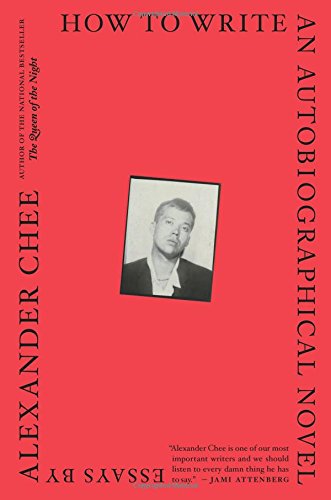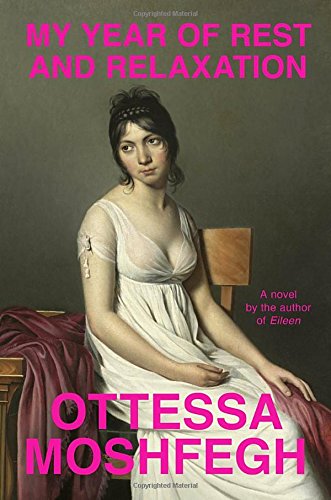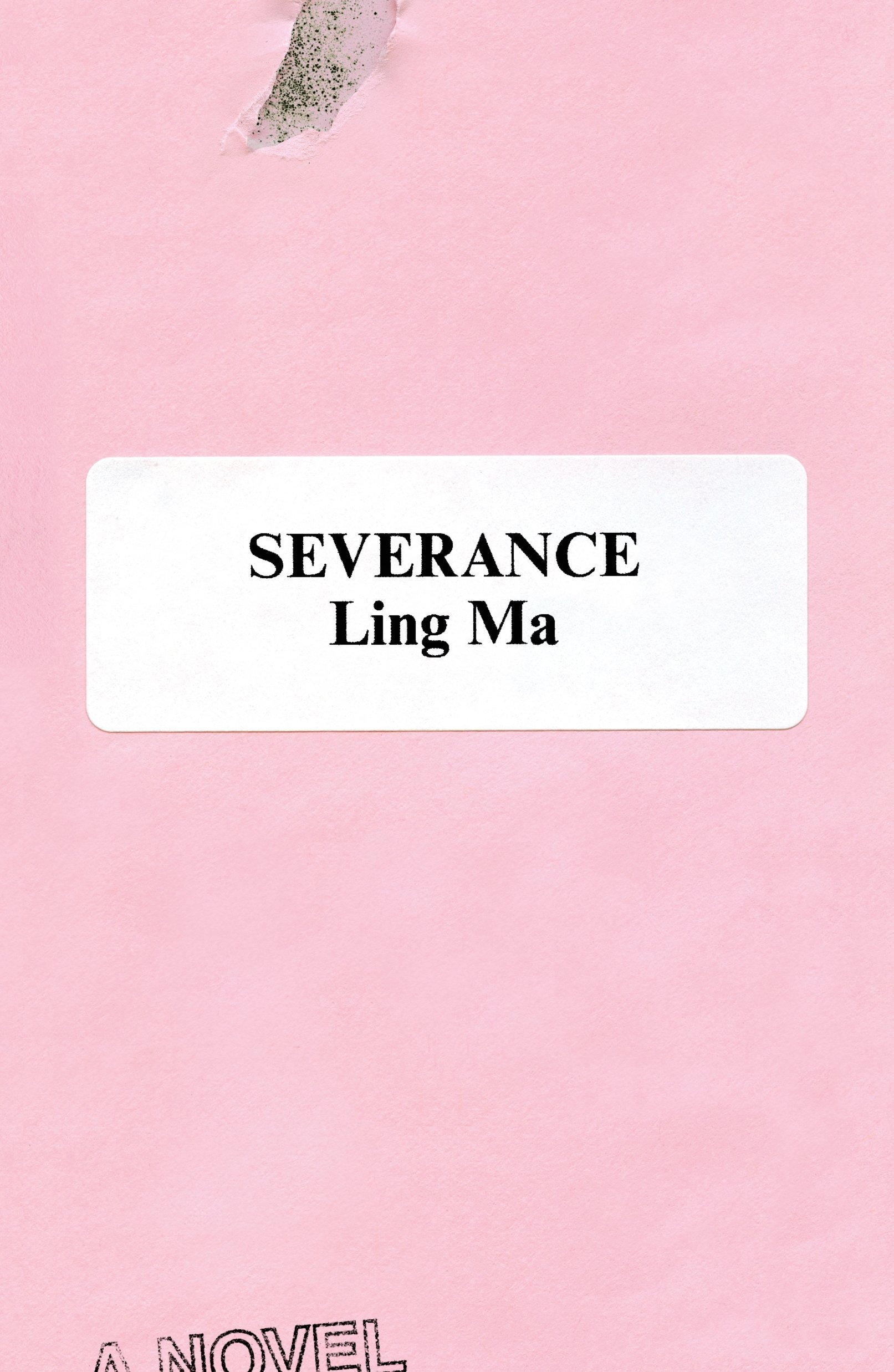Last weekend, I was sitting at a crowded Starbucks with my teenage writing mentee looking for a creative prompt we could work on together. I found one that read: You have discovered what appears to be an ordinary room. But as soon as you enter the room, time stops for you. When you leave the room, time picks up right where you left off. What do you use this room for? Too easy, I thought. Obviously, I’d use it to become the first person in the world to read all the books.
Unfortunately, all the rooms I know appear to be ordinary because they are ordinary, and I have begrudgingly accepted that I will never be able to read even a fraction of everything I want to read. So the act of reading is something I undertake with intention as much as pleasure. I will no longer suffer through a book that’s not giving me anything to think about or entertaining me or forcing me to confront or wrestle with something new — there’s just no time to waste.
Even as I sat down to put together this annual look back at my own year in reading, there are at least a dozen 2018 books that I still need to read, off the top of my head: The Friend. There, There. Motherhood. Good and Mad. Cherry. . . I could go on and on. But instead, I’ll get to the point. As we’re about to leave 2018 in the rearview, I rounded up 18 of the best poems, novels, short stories, and journalism I read (and that were first published) this year. It’s not an exhaustive list, but until I discover an ordinary-seeming-but-time-stopping room of my own, it’ll have to do.
White Fragility by Robin DiAngelo: Every white person should be assigned Robin DiAngelo’s unflinching book on the mundane and insidious ways racism is perpetuated — and why white people have such a challenging time even discussing it. In chapters like “White Women’s Tears,” she challenges some of the most defensive and destructive behaviors white people use to deflect, distract, deny, and center themselves in conversations about race, and gives real, tangible advice on how to knock it the f*ck off.
”She Was My World, but We Couldn’t Marry” by Ari Diaconis for The New York Times’s Modern Love: I knew I had to include this remarkable Modern Love essay on the list for a simple reason: as I looked back on my social media shares this year to remember which pieces I loved enough to evangelize, I saw this in my Facebook feed and was immediately brought to tears all these months later. Diaconis somehow wrote this masterful essay while in the midst of a debilitating, undiagnosable illness — one which would eventually take his life. In it, he reflects on the painful incompatibility of the mortal and eternal things we treasure in this world.
Educated by Tara Westover: Tara Westover’s journey from a destitute, fundamentalist compound in the mountains of Southern Idaho, to Cambridge University, to The New York Times's bestseller list is the kind of against-all-odds story that might, on its surface, make you roll your eyes. But Westover’s telling of her astounding and abusive family history and how she broke away from her dominating, mentally ill patriarch is never cloyingly inspirational. Instead, it’s a clear-eyed examination of how family shapes us — and how we can find the strength to reshape ourselves despite it.
”The Sexual Abuse Epidemic No One Talks About” by Joseph Shapiro for NPR: This story was part of an excellent NPR series that looked at how some of society’s most vulnerable people — the developmentally disabled — are at particular risk of sexual abuse. An incredible volume of paradigm-shifting journalism emerged out of the #MeToo movement in the last year, and to me, this piece exemplifies some of the best of it. Not only does it examine how institutions, prejudice, and a lack of empathy all intertwine to contribute to our society’s worst human rights violations, but it tells a story for people who may otherwise never have been able to tell it themselves.
How to Write an Autobiographical Novel by Alexander Chee: As an essayist, Chee is a true master of the form. This collection examines identity and the writing life; those moments in front of mirrors and blank paper that transform and reveal us. I often say some of the best books about running aren’t really about running. This is one of the best books about writing that isn’t really strictly about writing, either. This is a book I’ll go back to repeatedly, always knowing I can glean something new from its pages.
“An Oral History of the Time Bob Costas Had Pink Eye at the Olympics” by Kelly Conaboy for Vulture: I maintain that Bob Costas’s Olympic pink eye is one of the most unifying Olympic moments of our time, and this piece detailing the entire optometric debacle was easily one of the most enjoyably nostalgic things I read in all of 2018. Like any great Olympics story, there is heartbreak, surprise, and triumph — if you’ll recall, Costas bowing out made Meredith Viera the first woman to ever singlehandedly host primetime Olympics coverage on broadcast TV. (Luckily, you’ll find that Matt Lauer was not interviewed for this piece, which also includes mercifully few references to him.)
The Mars Room by Rachel Kushner: Rachel Kushner’s The Flamethrowers had an indelible impact on me as a reader and writer, and The Mars Room remains just as vivid in my imagination. In Kushner’s novel, Romy, a young mother, is sentenced to jail for killing her stalker, leaving her small son Jackson with nowhere to go. It’s an indictment of the prison system, misogyny, and poverty in the world’s richest nation. But it’s mostly a lyrical portrait of one woman’s life and loss.
"Omakase" by Weike Wang in The New Yorker: While it makes no real sense — and is certainly not fair — to directly compare short stories, I so wish “Omakase” had earned the kind of attention that another New Yorker story published less than a year before did. (That story is “Cat Person.”) Weike Wang’s tale of one straight, interracial couple’s date night is a witty and dismal snapshot of the cavernous gaps that so often open up between us and the people to whom we attempt to be closest.
On the Other Side of Freedom: The Case For Hope by DeRay Mckesson: As one of the most public faces of the Black Lives Matter movement, Mckesson has become one of the most identifiable activists of our generation, but most of us know far more about his work on behalf of others than about his own origin story. In this memoir, Mckesson tells his own coming-of-age story as an activist, gay person, and black man in America, gracefully weaving in his own meticulously argued philosophies about race, homophobia, and injustice. It’s an emotional, compelling look at a life shaped by a passion for social justice — and how his passion for social justice was shaped by his life. (Bonus: Mckesson’s appearance on my dear friend Jeffrey Masters’s LGBTQ+A podcast earlier this year is a great listen and conversational companion piece to his book.)
“Our Sister Becky” by Kate Beaton for The Cut: This year, the conversation about how women’s pain and suffering is systematically devalued and ignored in America finally split wide open. We heard it in the stories of Serena Williams and Beyonce, both of whom faced the measurable maternal healthcare failures that black women experience at exponential rates, despite their fame and wealth. And we read about it in pieces like this soul-shifting feature from Kate Beaton, which was both a remembrance of her sister, Beth, and an indictment of the deeply broken healthcare system that couldn’t — or more accurately, wouldn’t — save her. As cancer killed her, doctors wrote her off as “paranoid,” disbelieved her pain, and ignored abnormal test results. Beaton wrote this piece as both an indictment and a remembrance, in the hopes that stories like Beth’s won’t be lived or told in vain.
All You Can Ever Know by Nicole Chung: Nicole Chung was born to Korean parents and adopted by a white couple as an infant — but she knew little more about the details of her origins and how she came to be raised until adulthood, when nagging questions led her to investigate her own life story. Chung asks deeply persona and widely resonant questions about race, identity, family, adoption, and how we shape our very sense of self in this book’s clear-eyed, riveting prose. It’s an immensely moving memoir that will leave you changed.
”A Few Words to the Graduates” by David Sedaris: David Sedaris’s advice to outgoing college seniors is free of the typical graduation speech platitudes, as LOL-able as you’d expect, and full of actually useful, practical advice. (The latter is more than I can say for any graduation speech I ever sat through.) For example: “Choose one thing to be terribly, terribly offended by, and be offended by this as opposed to the dozens or possibly hundreds that many of you are currently juggling.” Also: don’t even bother buying scented candles until you can afford Diptyque.
Severance by Ling Ma: Apocalyptic novels are having a moment. Some proof: earlier this year I was introduced to the concept of “cli-fi” — aka climate fiction — which is apparently common enough these days that it’s earned its own moniker in the publishing world. But I digress. While Severance might technically be an apocalyptic novel, it’s a transcendent one. Candace Chen, a first-generation millennial, works in publishing in New York City as civilization starts to unravel in the wake of a global virus. Ma examines how the dehumanizing effects of labor, technology, consumerism, and capitalism conspire against us just as much as they reflect who we are as “civilized” humans. While the conceit might sound a little on the nose — the virus turns people into virtual zombies, reduced to going through the literal motions of modern life — I promise the story as it unfolds is not.
My Year of Rest and Relaxation by Ottessa Moshfegh: Moshfegh’s coldly funny stories and deeply weird characters make her a mainstay on my favorite reading lists. In My Year of Rest and Relaxation, a privileged 20-something in New York City becomes consumed with the desire to sleep. Via a cocktail of pills, minders, a deeply deranged psychiatrist, a trust fund, and a frenemy, she sets out to spend a year awake as infrequently impossible. This novel is set in the early 2000s but just as easily reads as an indictment of 2018’s self-care culture. It’s pitch-black in its darkness and wicked-funny and equal parts riveting and repulsive, just like all of Moshfegh’s best work.
"A Question Looking at Men Looking at Women" by Jameson Fitzpatrick in The Believer: Fitzpatrick’s poem is a captivating study of desire and envy, of gender and sexuality, of loneliness and attraction. Its name is a reference to the title of Siri Hustvedt’s feminist essay collection, but turns its perspective on its head from his viewpoint as a man examining the male gaze.
Evening in Paradise: More Stories by Lucia Berlin: It’s a great sadness that it took more than a decade after Berlin’s death for her writing to become widely celebrated. Her short stories about women’s lives are stunning, observant, and lingering. This second collection published since her death takes place around the world: from Mexican fishing towns to Chilean estates to New York City, all places where Berlin lived moments of her vibrant and troubled life. "La Barca de la Ilusión,” and “The Wives” are two of the standouts, in my mind: thought their settings and stories are radically different, they get at the heart of what it is to be disappointed by what we’re promised in life and carry on anyway. And, as a lovely and unexpected bonus, this book is kicked off by a truly touching foreword by her son, which I found particularly illuminating.
“Terry Gross of Fresh Air Talks About the Art of Getting Personal” by KK Otteson for The Washington Post: This piece certainly looks like your standard, workaday Q&A — but it’s so much more. It’s a brief but truly revealing look at how Gross became one of the most masterful interviewers of our era, and it’s jampacked with wisdom on reporting, empathy, and how to be a better person in the world.
“The New Gwen Stefani is a Lot Like the Old One” by Anne Helen Peterson for Buzzfeed: Peterson, one of the best pop-cultural critics around, takes a look at one of the most confounding celebrities of our time in this piece. How do we reconcile the woman who wrote “Just a Girl” — which marked a feminist awakening for many an American tween, yours truly included — with the saccharine, Blake Shelton-dating, feminist label-eschewing cipher who is still the woman who wrote “Just a Girl”? This piece is a deep dive into Stefani’s making, revealing her contradictions and homing in on her decades-long appeal.


